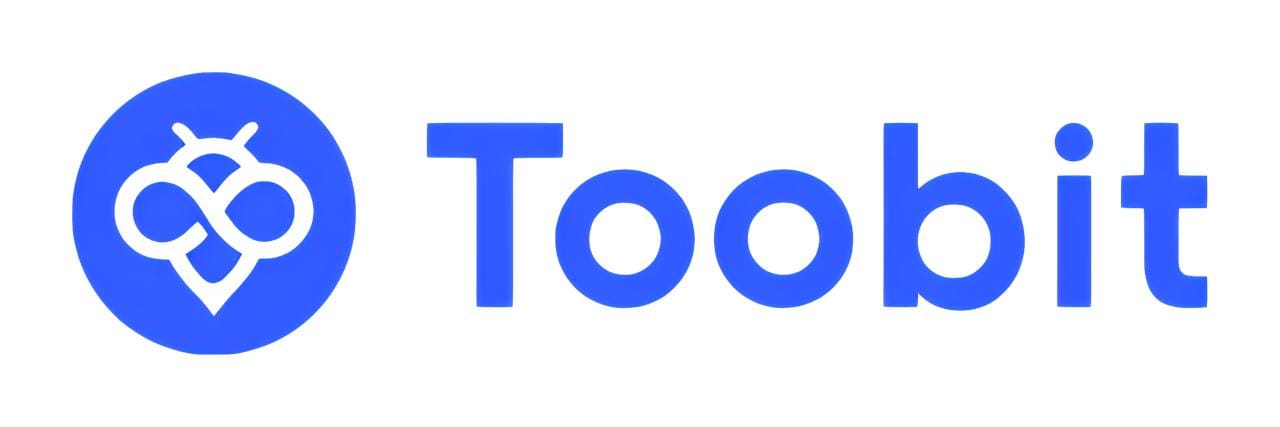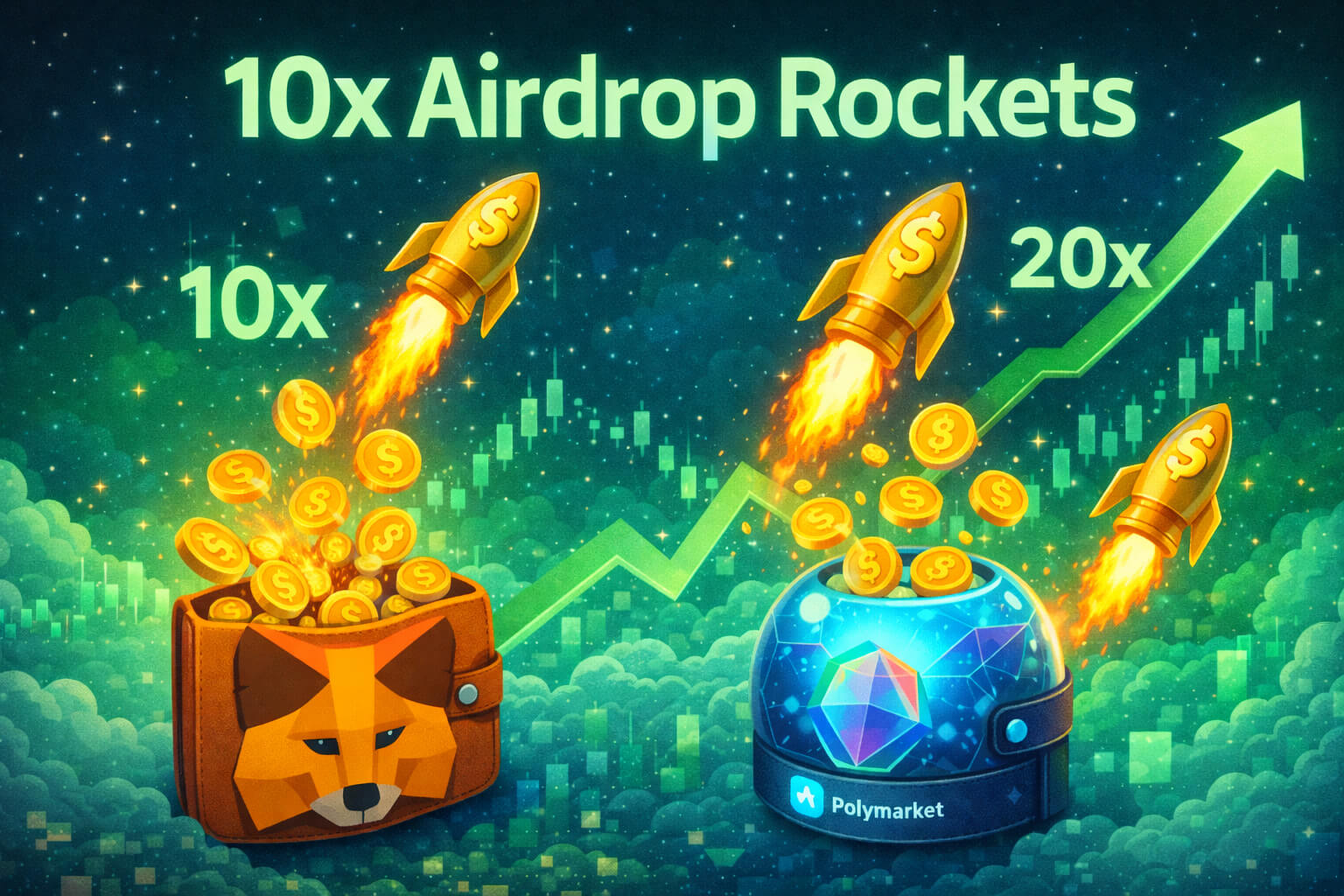How Blockchain Is Revolutionizing Digital Advertising: Tackling Ad Fraud and Boosting Transparency
Digital advertising has become the backbone of modern marketing, with businesses pouring billions of dollars into online campaigns. However, the digital ad industry is plagued with problems such as ad fraud, lack of transparency, and complex intermediary layers that cut into profits. As companies search for solutions, blockchain technology is emerging as a powerful tool to tackle these issues head-on. In this blog, we will explore how blockchain is revolutionizing the world of digital advertising and why marketers are beginning to embrace this innovative technology.
The Key Problems in Digital Advertising
Before we dive into how blockchain addresses advertising challenges, let’s outline the most common problems marketers face:
- Ad Fraud: A significant portion of digital advertising spend is wasted due to fraudulent activities like bot traffic, fake clicks, and false impressions. In fact, the global cost of ad fraud is expected to rise to $100 billion annually by 2023.
- Lack of Transparency: The digital ad supply chain often involves multiple intermediaries—ad networks, exchanges, and data providers—making it difficult for advertisers to see where their money is going. This lack of transparency leads to inefficiencies and higher costs.
- Data Privacy Issues: As digital ads become more data-driven, privacy concerns are on the rise. Users worry about how their data is being collected, stored, and used by advertisers.
These issues are major barriers for marketers who want to ensure that their ad spend is effective and ethical. You can find similar transparency issues being addressed in blockchain’s role in the gig economy.
How Blockchain Addresses These Issues
Blockchain technology offers solutions that tackle each of these problems, providing a more secure, transparent, and efficient advertising ecosystem.
1. Reducing Ad Fraud with Blockchain
Blockchain’s decentralized and immutable ledger can significantly reduce the prevalence of ad fraud. With blockchain, every ad impression, click, and transaction is recorded on a transparent ledger. This ensures that all parties—advertisers, publishers, and intermediaries—have access to the same verified data.
For example, by using blockchain, advertisers can verify that the clicks they are paying for come from real human users, not bots. Additionally, blockchain can authenticate the ad placement and ensure it appears on legitimate websites, reducing the risk of ad placement on fraudulent platforms.
Ad networks like XCHNG and Ubex are already implementing blockchain to create transparent and fraud-resistant advertising platforms. Blockchain ensures that only verified users see the ads and that advertisers aren’t paying for false clicks or impressions.
Explore more about how blockchain helps reduce fraud in the creative industry in our blog on protecting intellectual property rights.
2. Enhancing Transparency in Ad Transactions
One of blockchain’s most promising features is transparency. In digital advertising, transparency is often lacking because of the layers of intermediaries involved in delivering ads. Blockchain eliminates this problem by making all transactions visible and verifiable on a shared ledger.
Through blockchain, both advertisers and publishers can see exactly where ad dollars are going. Since the blockchain ledger is decentralized, it’s almost impossible for any party to manipulate or hide data. This level of transparency builds trust between advertisers, publishers, and consumers.
For instance, when a brand runs an ad campaign, they can see exactly which publisher their ads appeared on, how much they spent on ad delivery, and the engagement metrics of the campaign. This transparency helps advertisers make better-informed decisions and optimize future campaigns.
3. Improving Data Privacy with Blockchain
Data privacy is another growing concern in digital advertising. Blockchain can play a significant role in helping companies protect user data while still allowing personalized ad targeting. Through blockchain, users can own and control their own data.
With blockchain, users can grant advertisers temporary access to their personal information through secure, encrypted smart contracts. Once the ad transaction is complete, the advertiser no longer has access to the user’s data. This system provides users with transparency and control over how their personal information is used.
Additionally, blockchain eliminates the need for centralized data storage systems, which are often prone to data breaches. By decentralizing data storage, blockchain reduces the risk of large-scale hacks and improves overall security.
You can read more about how blockchain is used for secure data storage and digital identity in our blog.

How Blockchain Facilitates Direct-to-Consumer Advertising
Another benefit of blockchain in digital advertising is its ability to facilitate direct-to-consumer (D2C) advertising models. With traditional digital advertising, intermediaries like ad networks, agencies, and platforms take a significant portion of the revenue. Blockchain removes the need for these middlemen, allowing advertisers to engage directly with consumers.
By using smart contracts, advertisers can automate their ad campaigns, paying consumers directly in tokens or cryptocurrency for viewing or engaging with ads. This peer-to-peer model reduces costs, increases engagement, and gives users more control over the ads they see.
For example, blockchain-based advertising platforms like Basic Attention Token (BAT) allow users to earn rewards for watching ads, while advertisers can ensure that their messages reach their intended audience. This system creates a win-win situation where consumers are compensated for their time, and advertisers achieve higher engagement rates.
Benefits of Blockchain in Digital Advertising
1. Reduced Costs
Blockchain removes the need for multiple intermediaries, reducing ad spend by allowing advertisers to work directly with publishers or consumers. This direct approach lowers overall advertising costs and improves ROI for marketers.
2. Verifiable Metrics
Blockchain provides verifiable, tamper-proof metrics. Since all ad transactions are stored on the blockchain, advertisers can trust the data they receive. This leads to more accurate campaign tracking and improved performance analysis.
3. Trust and Accountability
Blockchain fosters trust by ensuring that all parties have access to the same data. This level of transparency creates accountability, ensuring that everyone involved in the ad ecosystem acts ethically and responsibly.
Conclusion: Blockchain’s Future in Digital Advertising
Blockchain technology is poised to bring significant changes to the digital advertising landscape. By reducing ad fraud, enhancing transparency, and improving data privacy, blockchain provides a much-needed solution to the inefficiencies plaguing the current advertising ecosystem. As more companies and platforms adopt blockchain, advertisers will enjoy greater trust, better ROI, and stronger relationships with consumers.
While blockchain is still in its early stages in the ad world, its potential is undeniable. As adoption increases, we can expect blockchain to become a key component of the digital advertising industry, providing solutions to long-standing problems and ushering in a new era of trust and efficiency.
For more insights on blockchain’s impact across other sectors, including gig work and intellectual property, feel free to explore our blogs.
FAQs
1. How does blockchain reduce ad fraud?
Blockchain creates an immutable ledger of all ad transactions, allowing advertisers to verify impressions, clicks, and engagements, ensuring that only genuine interactions are recorded.
2. Can blockchain help with transparency in digital advertising?
Yes, blockchain offers transparency by recording all transactions on a decentralized ledger, allowing advertisers and publishers to view verifiable and accurate data on where ads are placed and how ad spend is used.
3. How does blockchain improve data privacy in advertising?
Blockchain empowers users by giving them control over their personal data through encrypted smart contracts, allowing them to decide who can access their information and for how long.
For more insights and detailed guides on cryptocurrency, visit our Crypto Guides Section.
Stay Updated
For the latest updates on cryptocurrency trends and news, follow us on:
- Twitter: https://twitter.com/FreeCoins24
- Telegram: https://t.me/freecoins24
Stay informed with the latest strategies and insights in the world of cryptocurrency at FreeCoins24.io.
Special Offer
For an enhanced trading experience, consider Bybit. Sign up through our referral link to unlock exclusive rewards, including up to $30,000 in deposit bonuses, and elevate your trading journey.

















